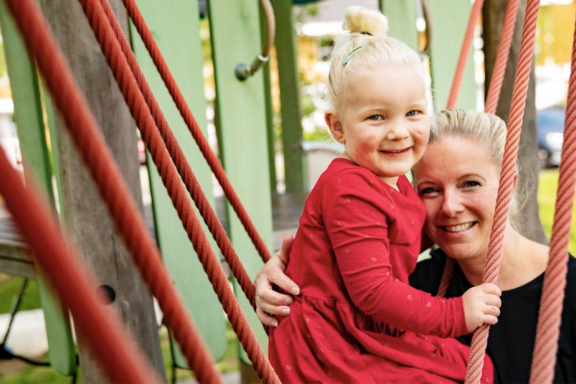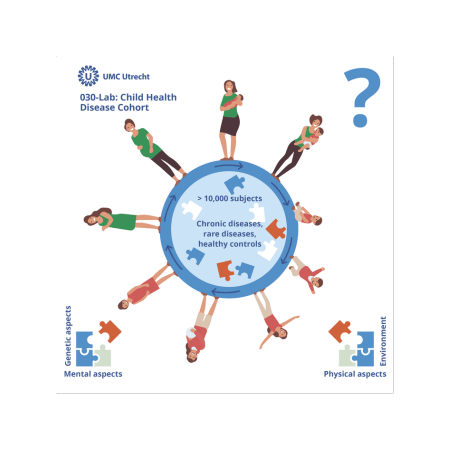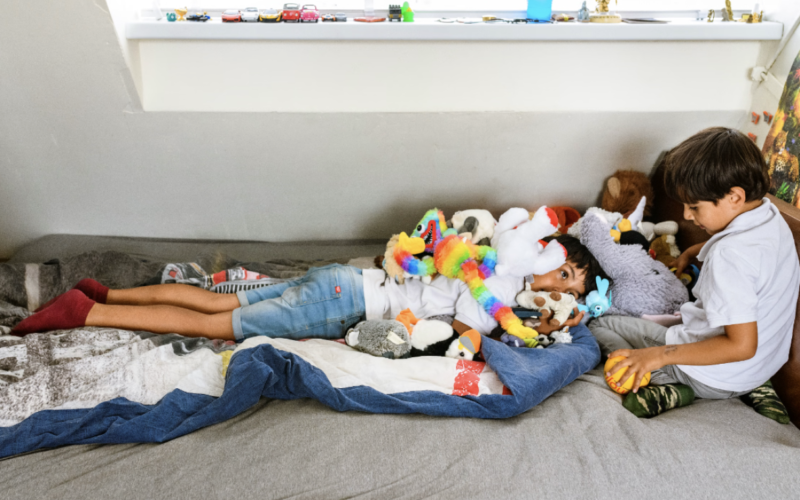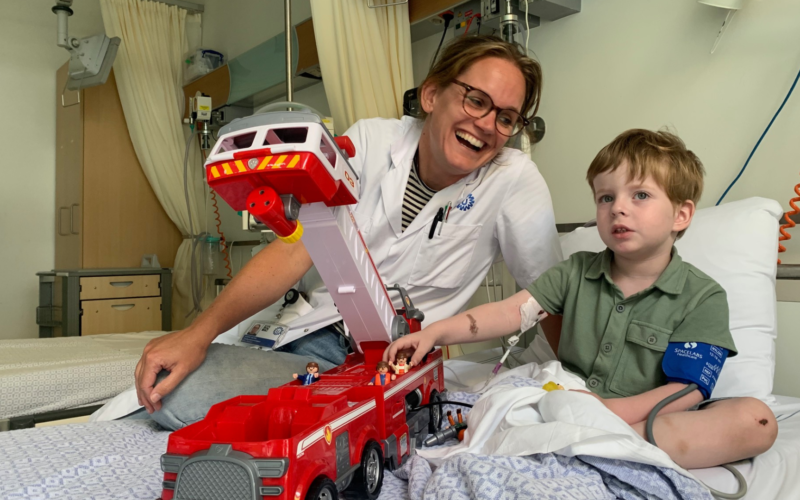1. Innovative trial office
The 030-Lab Innovative trial office supports Child Health researchers with the design and conduct of studies. Researchers here conduct clinical research into new innovative treatments, like stem cell therapy, mRNA therapy or gene therapy. They also investigate how existing treatments can be improved. Research is being conducted on the treatment of many rare diseases, like cystic fibrosis, infectious diseases, juvenile rheumatism, rare metabolic diseases, neonatal diseases and many others. These studies are initiated by researchers (investigator initiated) or by a sponsor (industry sponsored trials).
The Innovative trial office has up-to-date knowledge, extensive experience and supports researchers in the grant application, design, conduct and coordination of studies. This may involve clinical (phase 1 to 4), observational and translational research. The Innovative trial office also provides professional support for locally initiated trials and large, complex multicenter studies.
Contact: 030lab@umcutrecht.nl





